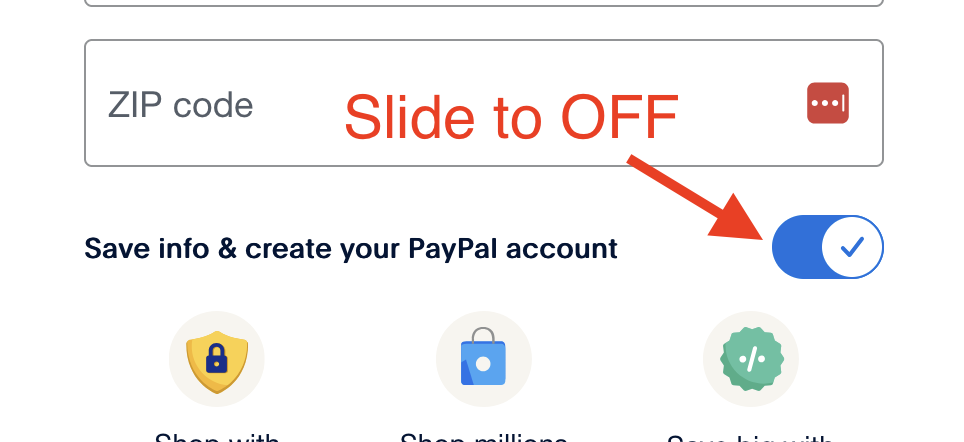Overview
The Mid-Atlantic Clean Cities and Communities Expansion Program (MACCE) will meet the increased demand for services from fleets and consumers. The demand from businesses, governments and consumers for alternative fuel vehicle and station consulting services and technical assistance has increased dramatically with the enactment and implementation of Bipartisan Infrastructure Law and Inflation Reduction Act.
It will be critical to the success of this transition that each Clean Cities and Communities Coalition is adequately staffed, trained and funded in order to achieve the reduction in transportation sector greenhouse gas emissions. In the Mid-Atlantic (Delaware, Maryland, Pennsylvania, Ohio, New Jersey Washington, D.C., West Virginia and Virginia) transportation already accounts for the largest share of carbon dioxide emissions. Strengthening the Clean Cities and Communities coalitions in these states can provide additional resources to reduce these emissions through technical assistance, fleet consulting and consumer education.
Program Phases
1. Coalition development and planning
This includes identifying new geographical areas to develop branch locations. The project team will recruit new staff and Board members as well as establish the legal framework and operating methods for the new location.
2. Mid-Atlantic Alternative Fuel Expo
A new Mid-Atlantic Alternative Fuel Expo event will be planned and executed in order to serve fleets, industry and consumers on the East Coast.
3. Information dissemination
Partners will focus on continuing outreach in order to report results, share lessons learned with partners and others in the region, financial pathways to sustainability of branches, and explore possibilities for greater and continued impact.
Goals for the program
1. Information gathering
This includes literature surveys, inventories, site visits, and audits
2. Document preparation
This includes conceptual design, feasibility studies, and analytical energy supply and demand studies
3. Information dissemination
This includes document publication and distribution, classroom training and informational programs



